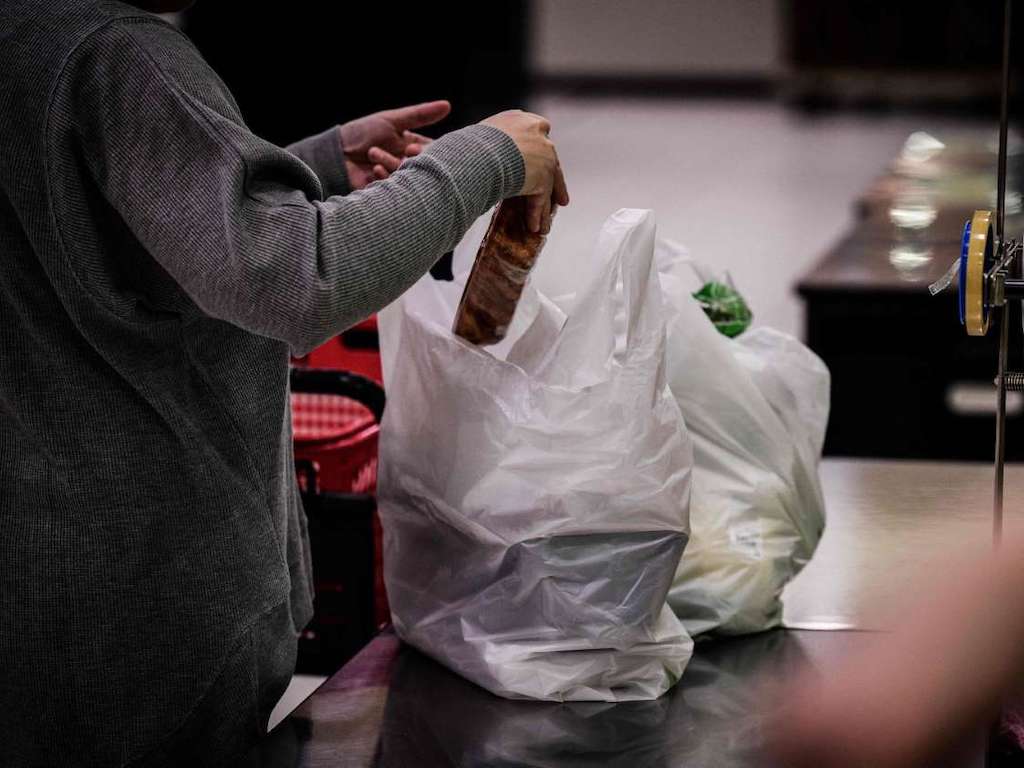3 Mins Read
Governments are beginning to take concrete action against plastic pollution. From Germany to Japan, new legislation is clamping down on single-use plastics as economies begin to recover from the coronavirus pandemic, which has shifted greater attention towards sustainability for both human and planetary health.
Announced on Wednesday (July 1), the German Cabinet has agreed to end the sale of single-use plastic items, including cutlery, straws, food containers, balloon holders and cotton buds in a bid to eradicate the “throwaway culture”. The law will come into effect on Friday (July 3), and will bring the country in line with a recent European Union directive aimed at slashing plastic pollution.
Currently, up to 20% of waste collected in parks and public areas in Germany consist of single-use plastics, primarily polystyrene containers that are non-biodegradable and over time break off into microscopic particles known as microplastic. Microplastic pollution has been detected not only in the ocean, but in the bodies of mammals and marine life, as well as in the blood and urine samples of children in a German study published last year.
On the same day, Japan introduced a new law to require supermarkets, convenience stores, pharmacies and other retail shops to charge for single-use plastic shopping bags. Depending on the size, either ¥3 or ¥5 will be charged per bag, while reusable, bioplastic or plant-based bags will be exempt from the regulation.
The bag-charging scheme brings the country in conformance with the global anti-plastic bag trend, though some other countries such as the U.S. have begun rolling back plastic bag legislations due to unfounded fears stoked by right-wing groups amid the coronavirus pandemic. Recently, scientists have confirmed that reusable items do not pose higher risk of transmission and are perfectly safe for use during the crisis.
Despite the fact that some small Japanese communities have been hailed examples of a low-waste economy, Japan remains one of the largest waste producers in the world, only second behind the U.S. when it comes to waste per capita.
While some environmental campaigners have highlighted that plastic shopping bags only generate an estimated 2% of Japan’s 9 million tonnes of annual plastic waste, it marks an important step towards pushing more anti-waste legislation in the future.
It has also successfully prompted some of the biggest food operators in the country to switch to more sustainable alternatives, such as McDonald’s Japan and Yoshinoya both opting for bioplastic materials while department store Isetan Mitsukoshi switches to paper packaging.
Both announcements from Germany and Japan follow the landmark plan launched by the European Commission in March, which aims to end the convenience throwaway culture that is responsible for driving greenhouse gas emissions, resource extraction, waste and pollution.
Under the regulations, which are due to take effect by 2021, electronic and consumer goods manufacturers will be required to produce items that last longer, are easier to repair and are reusable. The proposal will also cover targets to reduce food waste and end the over-packaging of food products – oven low-value and near impossible to recycle, such as condiment sachets.
However, it isn’t just all positive news in the global fight against plastic waste. Recently, a Legislative Council bills committee vetting the Hong Kong government’s proposed waste disposal levy decided to discontinue scrutiny over the bill, effectively shutting the doors on years of work that would have introduced much-needed charges to fight the city’s mounting waste crisis.
Lead image courtesy of Martin Bureau / AFP.




